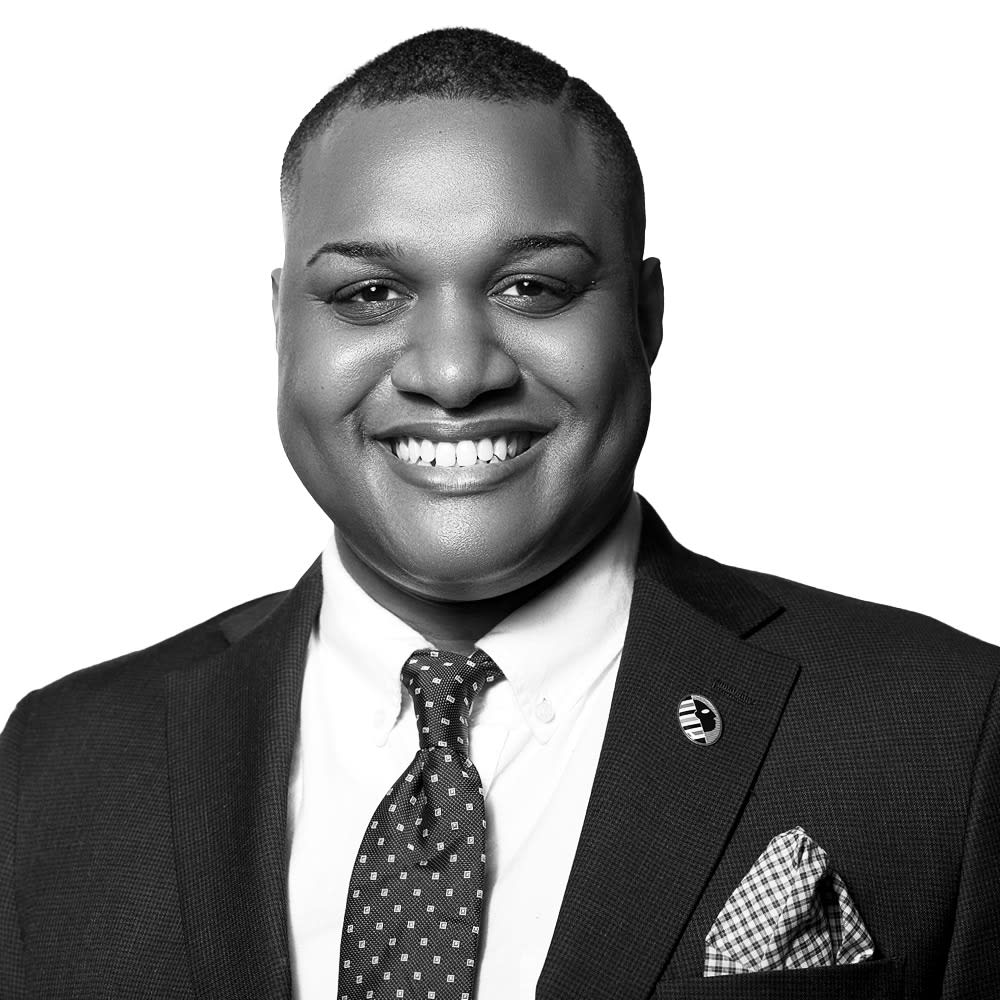After over 20 years of accusations, cover-ups, and lies, R. Kelly is finally a guilty man.
On Monday, the R&B superstar was convicted by a federal jury in Brooklyn of racketeering, conspiracy, and eight other counts involving his “criminal enterprise” that hired agents, runners, bodyguards, and others to entice and exploit underage teens and young adults for sex. Kelly was also found guilty on all eight counts of violating the Mann Act, which forbids travel over state lines for illegal sex. The “I Believe I Can Fly” singer now faces anywhere from 10 years to life in prison when he’s scheduled to be sentenced in May 2022.
Twelve jurors confirmed what the Black women who’d protested his concerts and demanded that the public take the allegations surrounding him seriously already knew. Kenyette Tisha Barnes and Oronike Odeleye, co-founders of #MuteRKelly, led the charge in recent years to get his live shows canceled and his music booted from streaming services.
It was a long overdue cancellation, now culminating in a conviction. Since the 1990s, reporter Jim DeRogatis, the author of Soulless: The Case Against R. Kelly, had extensively covered rumors and details about the singer’s interactions with underage girls. He was one of the first journalists to investigate Kelly’s marriage to the late R&B singer Aaliyah in 1994, when she was only 15 years old. We would later find out that Kelly paid a bribe to marry the singer. And, at the trial where he was finally convicted, we were told he married the child to make sure “she would get an abortion.”
Yet talk of Kelly’s statutory rape would largely disappear as the singer would go on to top the charts, win Grammy awards, and sell out shows around the globe. As one of the top selling R&B artists, R. Kelly was unstoppable and would amass a loyal fan base that would ignore his underreported out-of-court settlements in the early 2000s. It was not until 2002, when Kelly was charged with 21 counts of making child pornography that included urinating on an underage girl, that some fans began to question him. But in 2004, seven of the counts would be dismissed when a judge agreed with Kelly’s lawyers that police hadn’t had enough evidence to justify a search.
Even before Kelly was acquitted on the remaining charges in 2008, the music industry had welcomed him back, with more Grammy nominations, sold-out concerts, and collaborations with the likes of Jay-Z, Usher, Jennifer Hudson, Lady Gaga, Chance the Rapper, Mariah Carey, and more. TV shows like The Boondocks and The Dave Chappelle Show mocked the controversy at the time, and many simply tried to ignore the situation altogether. Overall, the culture treated R. Kelly as a questionable dirty uncle they wouldn’t want alone with their kids—but hardly someone worth canceling altogether.
And R. Kelly used this free pass to continue being a predator. In 2017, BuzzFeed released a damaging exposé from DeRogatis outlining how Kelly had a sex “cult” that continued to abuse and hold minors hostage. Kelly denied the allegations, but as the #MeToo movement began to gain traction and more stories about sexual abuse made headlines, it became harder to ignore how deeply problematic the singer had always been.
In 2018, #MuteRKelly finally forced popular culture into a reckoning with the superstar’s actions over two decades. The mounting public scrutiny led more family members of women he’d abused to come forward and eventually to the 2019 Lifetime documentary Surviving R. Kelly. For three nights, director Dream Hampton gave the public a comprehensive view of R. Kelly’s abusive enterprise and ensured that he would never be viewed as anything more than a predator.
On Monday, prosecutors completed the work that Black women activists, anti-rape activists, and steadfast journalists have tirelessly pursued. It should never have taken this long. If any good can come out of these last 20 years, it would be a renewed commitment to treat claims of sexual abuse and misconduct against popular entertainers and other public figures with the seriousness they deserve—and not let those accused expand their fan bases without being held to account.






